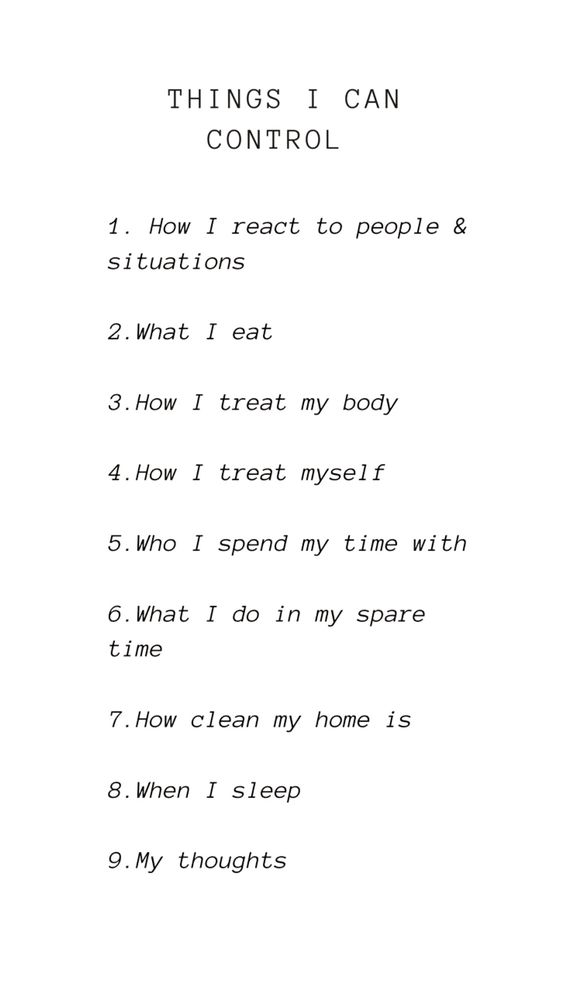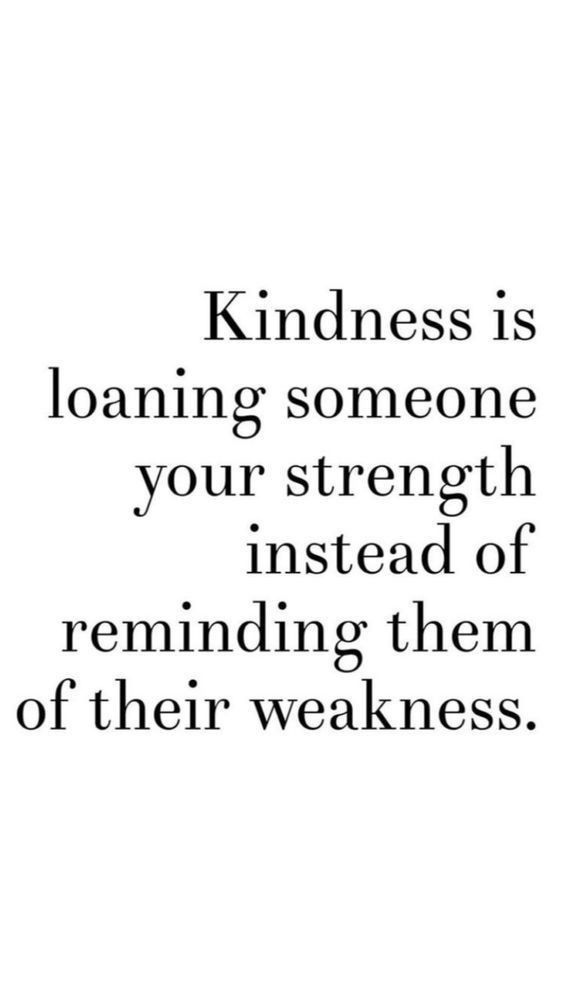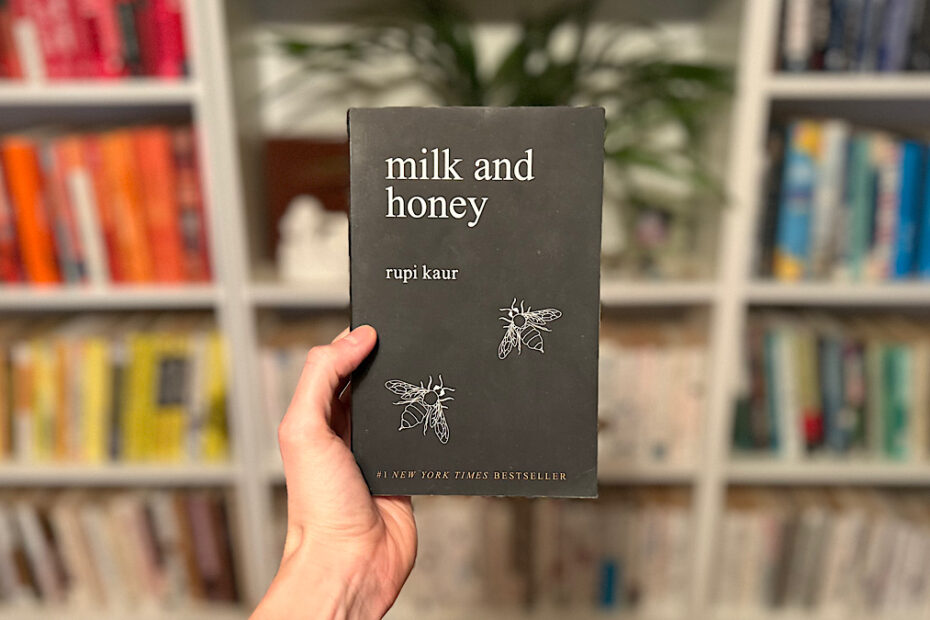Paulo Coelho Quote on Listening To Your Heart
“You will never be able to escape from your heart. So it is better to listen to what it has to say.”
Paulo Coelho, The Alchemist
Beyond the Quote (52/365)
One of the greatest gifts I have received from my sister is the gift of a better connection to my own heart. I don’t know anybody that is more in tune with their heart and has followed their heart’s path than she. I see this now more than ever in how she has navigated some tough, unconventional life situations that didn’t have, well, conventional wisdom or many paths to refer to for help. When faced with unconventional situations that stray from a path that might be considered “normal,” many would try to suppress or escape from the feelings out of fear or anxiety and stick to the “norm” anyway—but not her. From as early as I can remember, she has listened to her heart even in the most challenging of times and has been able to make the tough decisions which have led her to the beautiful path she is on now. And what’s even more beautiful, is how this has manifested in her ability to help those around her too.
Read More »Paulo Coelho Quote on Listening To Your Heart






